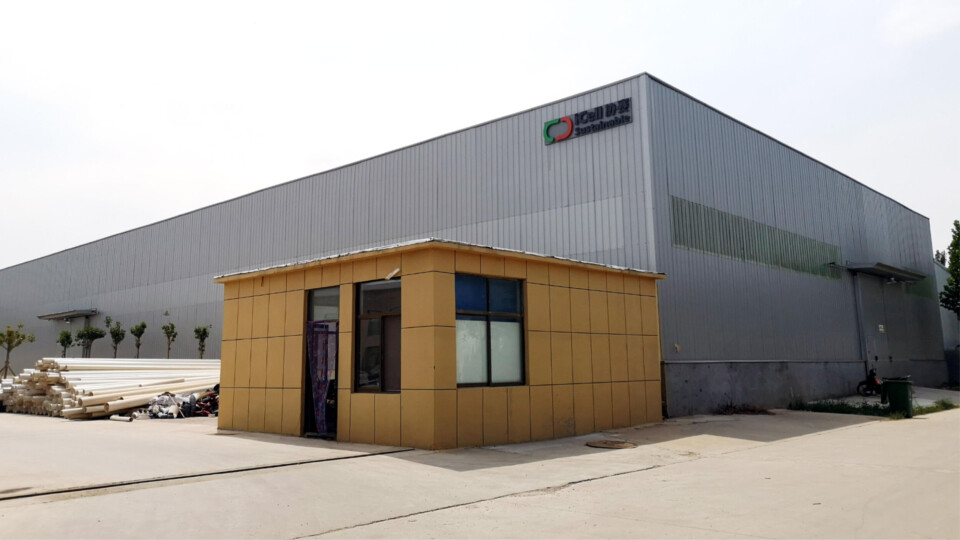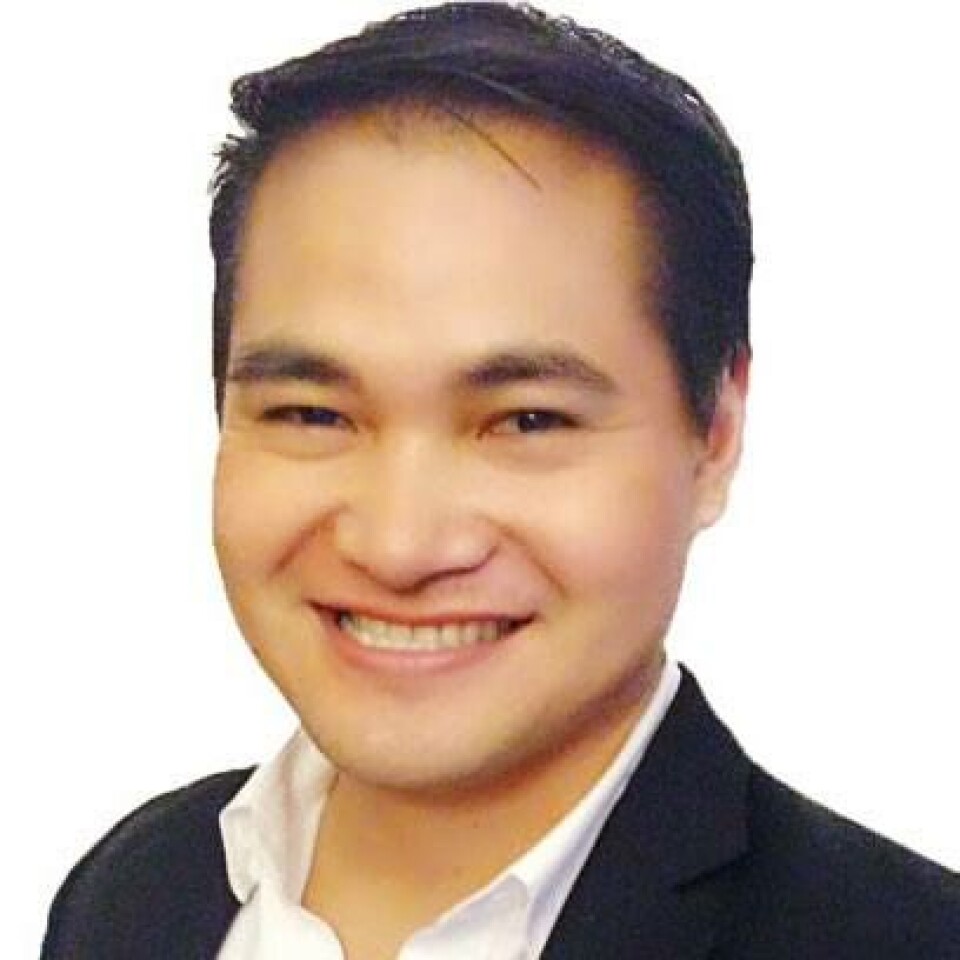
Single-cell protein producer targets aquaculture for joint ventures
A Hong Kong-based single-cell protein (SCP) specialist is seeking to raise US $50 million to expand into aquaculture in Scandinavia, Europe, North and South America and West Africa.
The company, iCell Sustainable Co., has appointed aquaculture fundraising specialist Lighthouse Finance to help it find the money and pursue business development opportunities. Proceeds will be used for working capital and investment in joint ventures and water treatment facilities.
ICell produces protein rich by-products for use in aquatic and terrestrial feed products through the conversion of nutrient process waters from the food industry.
It intends to use its technology to clean up wastewater from processing plants and on-land aquaculture systems such as hatcheries while creating SCP in the same process.

Eliminate wastewater
“We are excited to support iCell’s international ambitions and expand their expertise into aquaculture,” said Howard Tang, managing partner at Lighthouse, in a press release.
“Integrated into aquaculture systems, iCell’s technology can eliminate wastewater in fish farming, creating the most sustainable, environmentally sound solutions in the world.”
Last year China’s Shandong Zhonggu Starch Sugar Company (SZSS) and iCell completed a full-scale production facility to convert nutrients previously lost in the process water into SCP for use in animal feeds.
Nutrient recovery
The Shandong plant was the second full-scale SCP production facility for iCell in China and increased its production capacity to several thousand tonnes per year.
“By recovering valuable nutrients from the process water with patented technology, iCell has created a more integrated and holistic water management strategy that converts nutrients which were previously discarded, into high-quality, single-cell proteins for animal feed,” said Jianhua Song, iCell’s operations vice president, at the launch of the facility. “We anticipate that this facility will generate economic value that exceeds US $3.5 million per year.”
SZSS’s production plant generates more than 10,000 tonnes per day of nutrient-laden water that requires treatment and disposal, with costs previously exceeding $300,000 annually.
RAS funding
Lighthouse Finance has offices in New York, Oslo and Copenhagen.
In March last year it arranged a loan of 45 million Canadian dollars to finance a portfolio of marine vessels and aquaculture equipment for Canadian salmon farmer Cooke Aquaculture Inc, including mechanical delousing technology.
In November 2019 it was named as one of parties involved in the funding of a US $100m on-land Atlantic salmon planned for Vietnam that will produce 10,000 tonnes annually and is also helping to finance a $130m on-land salmon farm in Japan being built by Proximar. Both projects are using Israeli recirculating aquaculture system (RAS) specialist Aqua Maof as the technology supplier.
Earlier this year Lighthouse Finance partnered with the municipality of Sotenas in Sweden to design and offer financial support for a 100,000-tonne on-land salmon farm on a 75-hectare industrial site.






















































